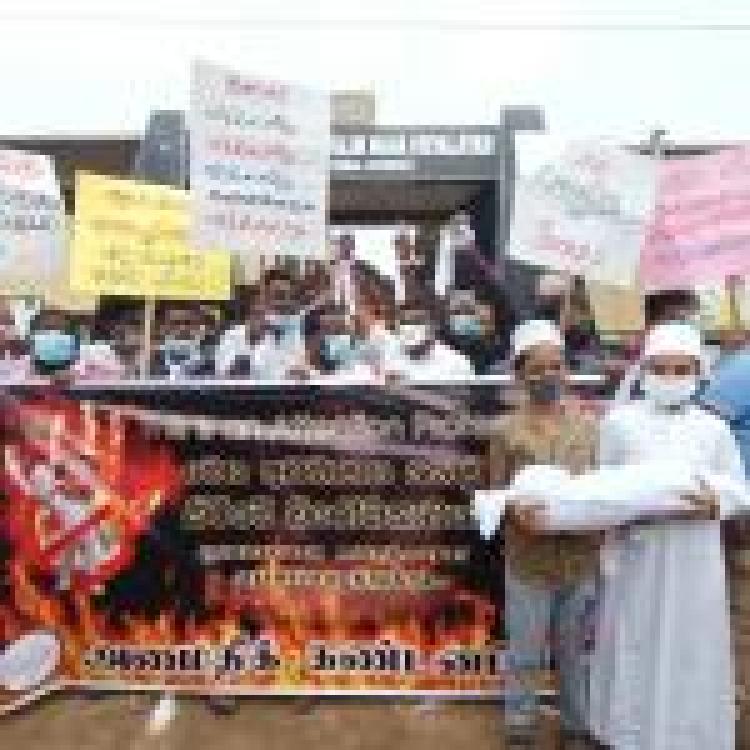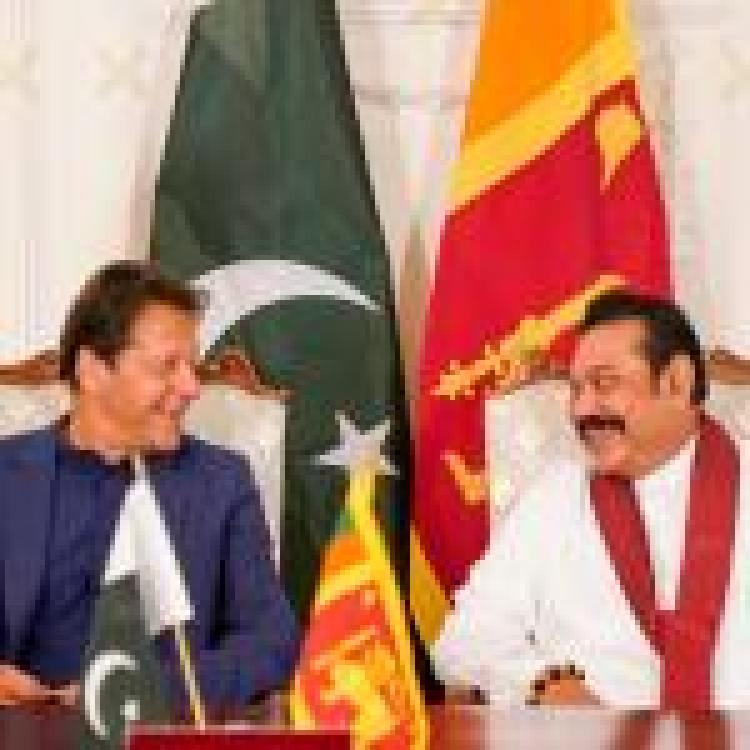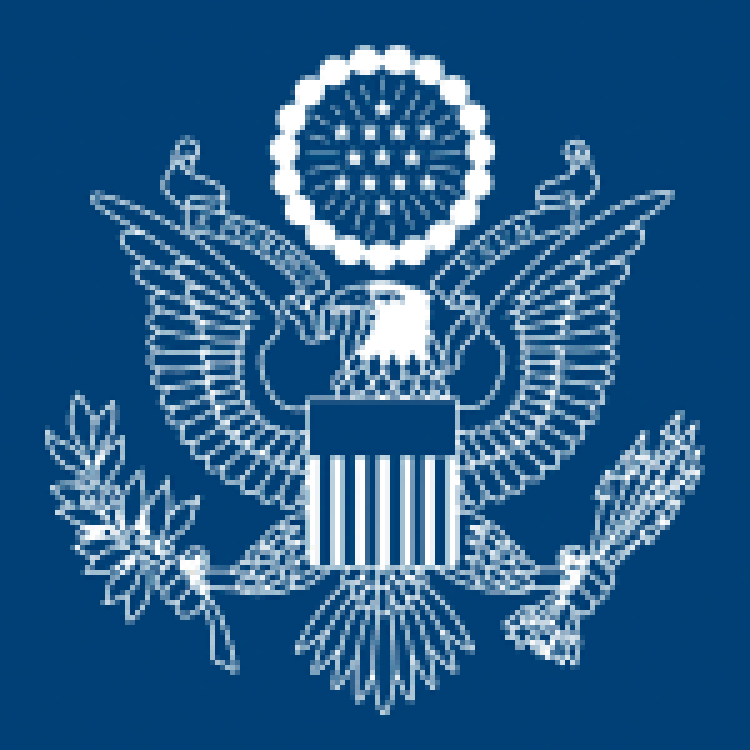Sri Lanka's Minister of Public Security Sarath Weerasekara announced that Sri Lanka is to ban the burqa and close 1,000 Islamic schools on the grounds of 'national security' as Islamaphobia on the island continues.
"In our early days, we had a lot of Muslim friends, but Muslim women and girls never wore the burqa," Weerasekara reportedly said. "It's a sign of religious extremism that came about recently. We are definitely going to ban it," he added.
Weerasekara, who signed the cabinet order for the ban of the burqa and the closure of Islamic schools, also known as madrasas, on Friday, now needs parliamentary approval before the policy can be implemented.
Reacting to the announcement, UN Special Rapporteur on Freedom of Religion or Belief, Ahmed Shaheed, tweeted:
Burka bans are incompatible with int’l law guarantees of the right to manifest one’s religion or belief & of freedom of expression!
— Ahmed Shaheed (@ahmedshaheed) March 13, 2021
Sri Lanka to ban burkas, shut Islamic schools for ‘national security’ https://t.co/w0dhgtMUc8
The announcement comes just weeks after Sri Lanka finally ended it's forced cremation policy after numerous domestic and international calls for the discriminatory policy to end.
Following the coronavirus pandemic last year, Muslims were denied the right to bury those suspected to have died from Covid-19, directly violating traditional Islamic burial rights. Sri Lanka continued to enforce the policy despite World Health organisation (WHO) guidelines outlining that Covid-19 victims could be cremated or buried.
Last year, the Sectoral Oversight Committee proposed to ban all kinds of face veils and face covers in public places, including the burqa, in a special report submitted to the Sri Lanka parliament.
The report suggested that police officials should be given the power to request any person wearing something to cover their face in a public place should be expected to remove it at any given moment of request in order to establish the identity of such person and if such request is not complied with, police officials should have the power to arrest the individual without a warrant.
The report has reportedly also proposed that all students studying currently in Islamic religious schools, are expected to integrate into a state school under the Ministry of Education within three years. The Madrasa institutions have been advised that they should only operate for the purposes of ‘Islamic Mawlawi’ education for students that have completed GCE Ordinary Level and Advanced Level.



